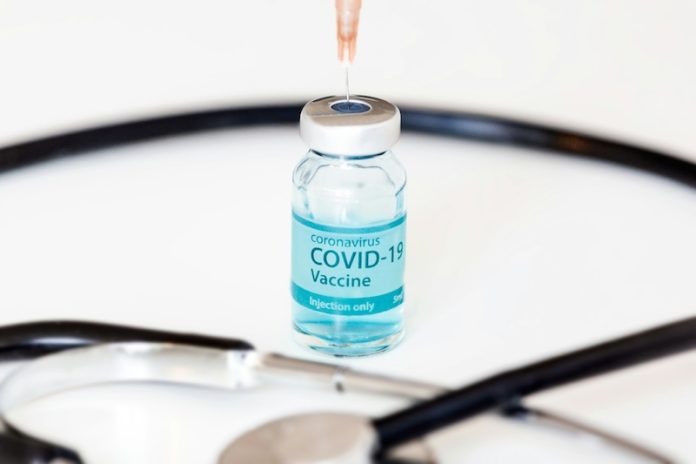
A study published online on June 24 in Frontiers in Medicine suggests that COVID-19 vaccination might cause some side effects related to the lower urinary tract and overactive bladder in younger adults.
Marta de-la-Plaza-San-Frutos from Universidad Europea de Madrid in Spain, along with her colleagues, investigated these potential side effects. They conducted an online survey with 1,563 participants aged 18 to 45 years, consisting of 74.7 percent women and 27.3 percent men.
The researchers found that the Pfizer-BioNTech vaccine was the most commonly administered, with 42.2 percent of the participants receiving it. Most individuals had received three doses of their chosen vaccine.
Interestingly, the study noted differences between men and women who received the AstraZeneca vaccine. A significantly higher proportion of women (59.1 percent) did not need to urinate during the night compared to men (33.3 percent).
Moreover, the frequency of nighttime urination was different based on the number of vaccine doses received. Those who had only one dose reported a higher frequency of needing to urinate five or more times during the night (2.2 percent) compared to those who received three doses (0.1 percent).
The authors of the study emphasized the importance of monitoring and addressing urinary tract side effects of COVID-19 vaccination. They recommend that vaccination programs should systematically collect data on these side effects to continuously evaluate the safety and efficacy of the vaccines.
They also suggest that healthcare professionals be aware of the potential for patients to experience urinary tract symptoms following COVID-19 vaccination.
If you care about COVID-19, please read studies about vitamin D deficiency linked to severe COVID-19, death, and how diets could help manage post-COVID syndrome.
For more health information, please see recent studies about COVID infection and vaccination linked to heart disease, and results showing extracts from two wild plants can inhibit COVID-19 virus.
The research findings can be found in Frontiers in Medicine.
Copyright © 2024 Knowridge Science Report. All rights reserved.



